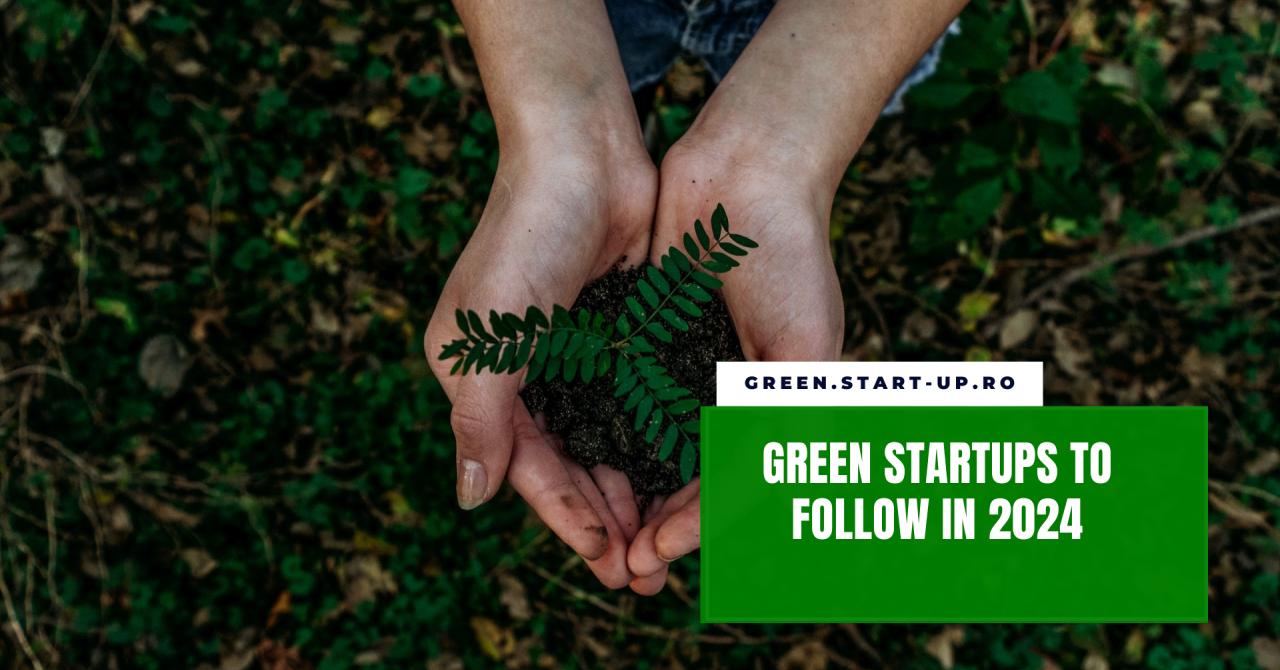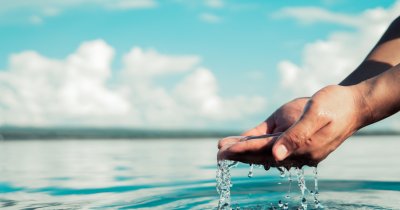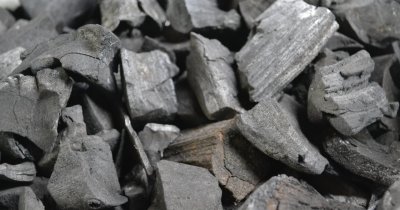In this list we'll focus on the green startups that we talked to this year and that shared their vision and values with us regarding sustainability. We won't be able to cover the entire green startups ecosystem in Romania in this list, but step by step, we will look out for those who want to contribute to a more equitable world and that want to tell us more about their journey.
Bluana Foods
Bluana Foods is a Romanian startup founded by Florin Irimescu that develops vegan food based on plants. They were able to find a way to create "salmon" and "tuna" from plants in the shape of sashimi.
The mission of the company is to create a plant-based alternative to tuna and salmon sashimi that can satisfy those who consume these products and to reduce, at the same time, the pressure of overfishing.
The need to conserve the oceans comes from the fact that, according to Florin, the planet could be left without any fish for sushi 10 years from now, while by mid-century, all fish from the oceans could be gone.
It's not just about the fish reserve being in a freefall, however. Even the fish we have available is of a lower quality than before, as we throw more junk in the planet's large waterways, such as plastic waste and medicine.
If these issues weren't enough, global warming is making its presence felt, as well. The phenomenon associated with rising temperatures in the oceans causes unbalances across the ecosystems and algae get to places where they didn't belong or their number increases so much that fish are forced to migrate.
The plan for Bluana Foods in 2023 was to work on the technology and the development of the foods that could soon reach restaurants and supermarkets and some testing will take place soon in order to keep the progress going.
Florin firmly believes that plant and cell-based products are the future of the food industry, since the price of animal-based foods will keep going up, as a result of climate change.
Read more about Bluana Foods in this article published on Green Start-Up.
Bonapp.eco
bonapp.eco is a startup founded in Romania with the purpose of combating food and beauty products waste by connecting consumers with food and cosmetics suppliers.
The company's app, available on iOS and Android, connects users with local retailers, including grocery stores, restaurants, shops, gas stations, bakeries, coffee shops, hotels, and beauty shops. Through the app, users can purchase products approaching their expiration date, at a 40% to 80% discount.
Any retailer, including grocery store, restaurant, shop, gas station, bakery, coffee shop, hotel, and beauty shop, can join their growing network of partners.
At this point the partner network has 700 locations, with brands including Accor, Cora, Glovo, La Doi Pasi, PENNY, Starbucks, Noodle Pack, Donuterie, just to name a few.
When it comes to the users, there were 100,000 downloads of the app since launch back in March of this year (16 months ago), with a 34% growth between January and February and 26,000 EUR monthly GMV (Gross Merchandise Value) last month.
bonapp.eco's plans are to expand bonapp.eco beyond Romania’s borders to Bulgaria, Moldova, Hungary and even Greece, hoping that by the end of this year they will reach 5,000 partner locations so that they can match the supply with the demand.
Read more about bonapp.eco from this article on Green Start-Up.
Recycllux
Recycllux is a Romanian brand that facilitates the process of collecting plastic waste from marine ecosystems and recycling it, so that the plastic can be reintroduced in the economy.
Recycllux started off in 2020, when theyit participated inat the Parsec Accelerator, an incubator funded through the Horizon 2020 program and dedicated to the development of innovative ideas that use satellite data to solve global challenges.
In 2021, Recycllux was accelerated by InnovationLabs, which allowed the company to build the MVP, and that culminated in winning the "Spin-off of the year" award, as we found out from the company's representative.
The total investments in Recycllux exceed 200,000 euros, of which 30,000 represent external financial investments, and 50,000 represent investments in the form of services or resources that did not involve direct financial flows.
One of the major challenges associated with collecting and recycling the plastic from marine ecosystems is the cost linked to this process, Sorina told us, which means that finding the financial support to perform the interventions is not an easy task.
Obtaining the necessary funding remained the main objective for 2023 and in the future, operations will be optimized to ensure the most efficient waste collection.
 Mihai - Cristian Ioniță
Mihai - Cristian Ioniță












Any thoughts?